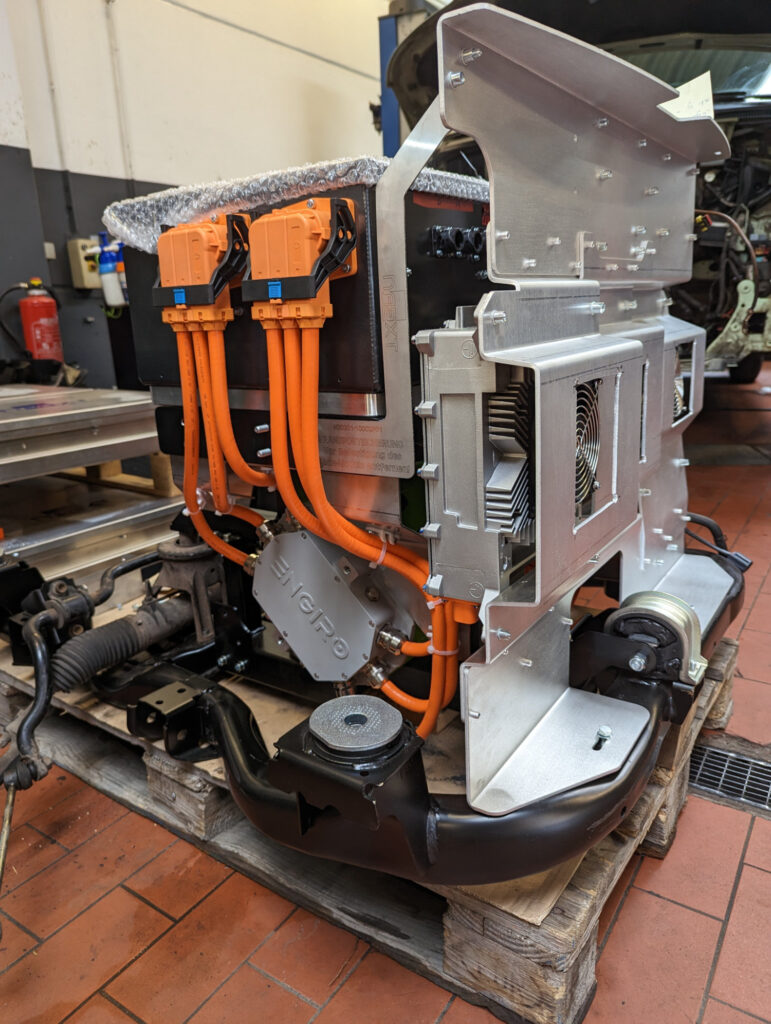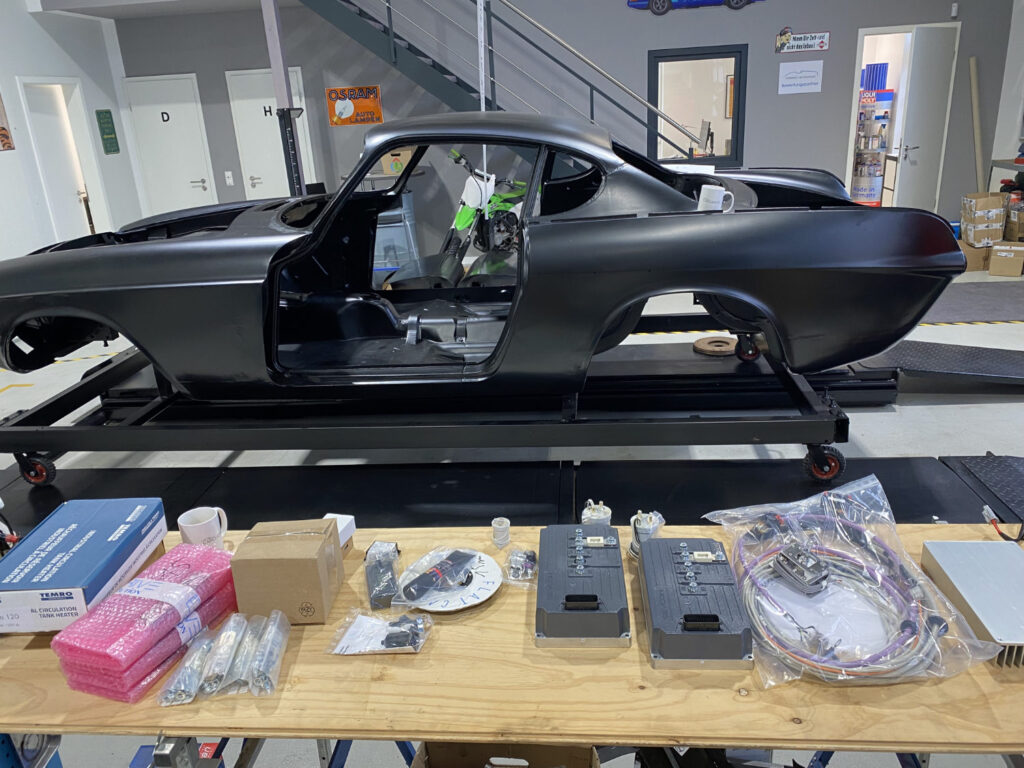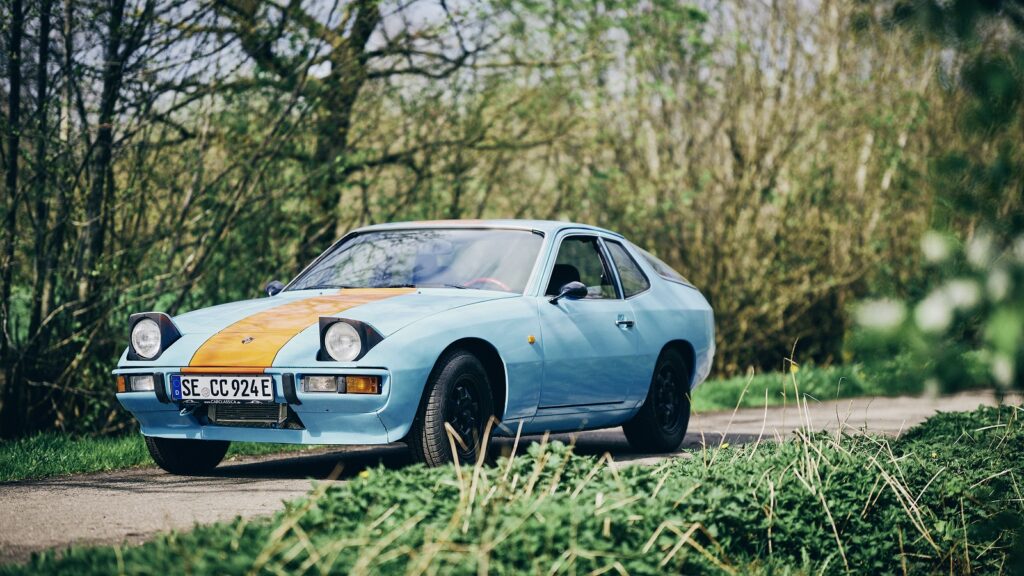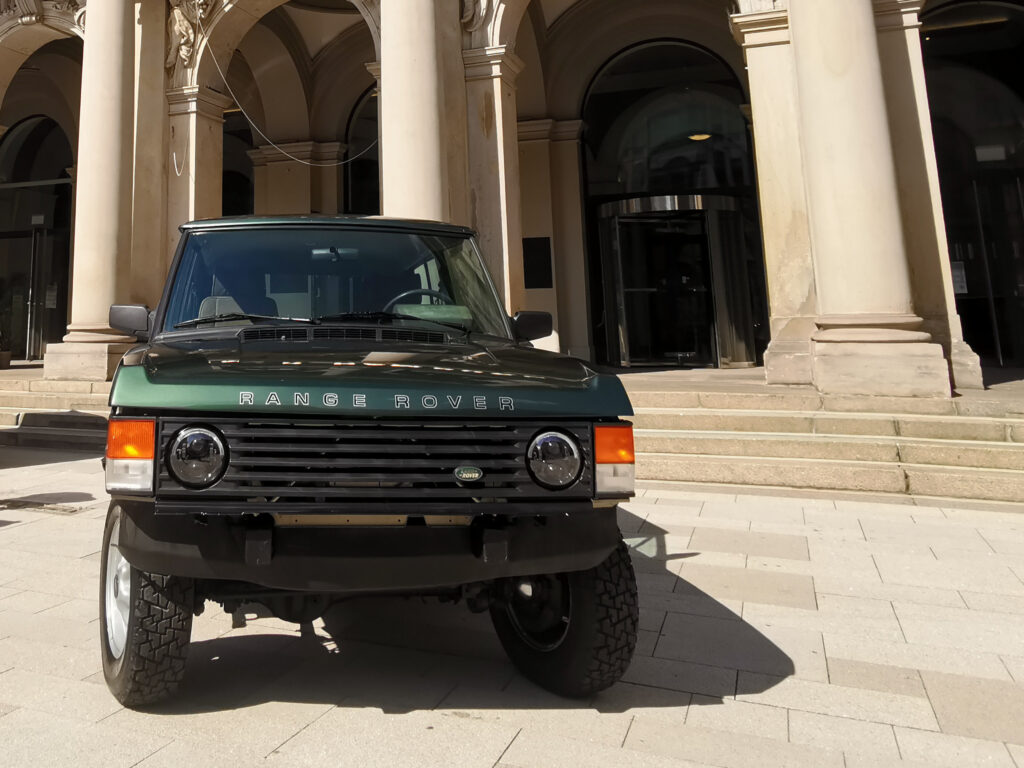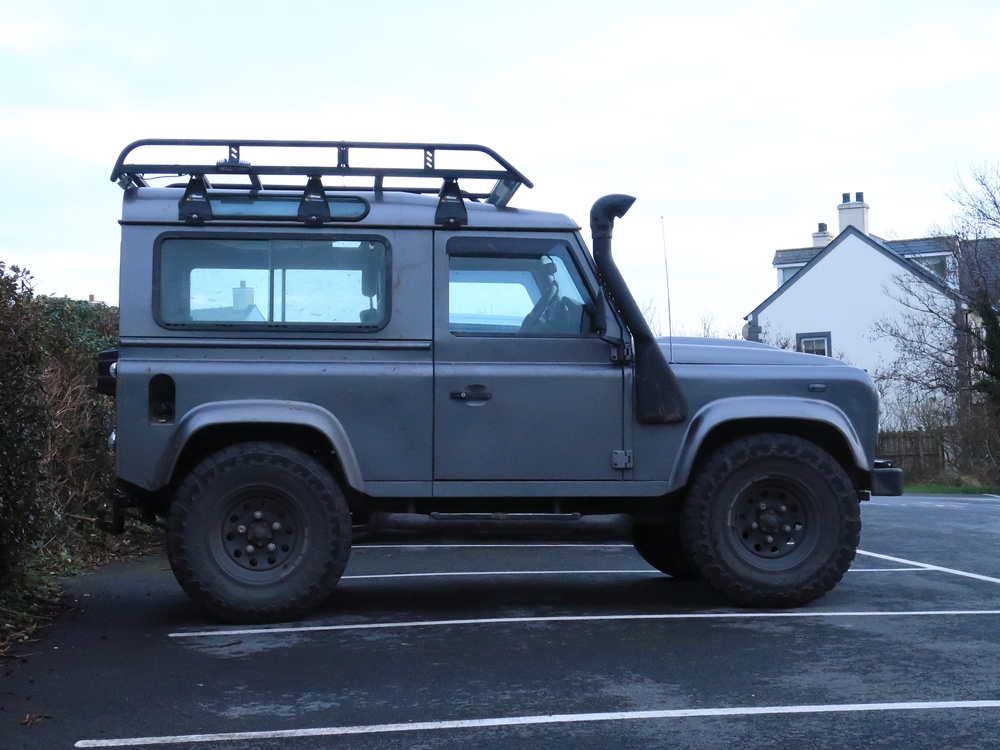Why
CarConversion has set itself the goal of converting existing vehicles to alternative drive systems such as electric drives or fuel cells in order to realise sustainable up-cycling.
The production of new vehicles is very CO2 intensive, regardless of the type of drive, and the short lifespan of today’s vehicles is inherently unsustainable.
CarConversion wants to change this and extend the lifecycle of existing vehicles in a sustainable and resource-saving way
The electric drive has advantages in the area of economy
The electric drive has advantages in the area of usability
Get in touch
Do you have any questions or do you need advice? Feel free to contact us directly.
Who
Behind CarConversion are grown partners with many years of experience in the automotive sector.
CarConversion has an established team of master car mechanics, mechatronics engineers, car electricians and high-voltage specialists.
CarConversion has many years of experience in the field of special vehicle construction, vehicle restoration, repair and technical maintenance of all types of vehicles.
What
CarConversion converts existing vehicles from conventional drive (combustion engine) to electric drive.
CarConversion works with a network of specialised companies
Sustainable conversion of classic cars – from gasoline to e-car
To learn more, take a look at the NDR feature (contribution only available in German).
For whom
CarConversion realises conversions for companies, the public sector and private individuals.
CarConversion “converts”:
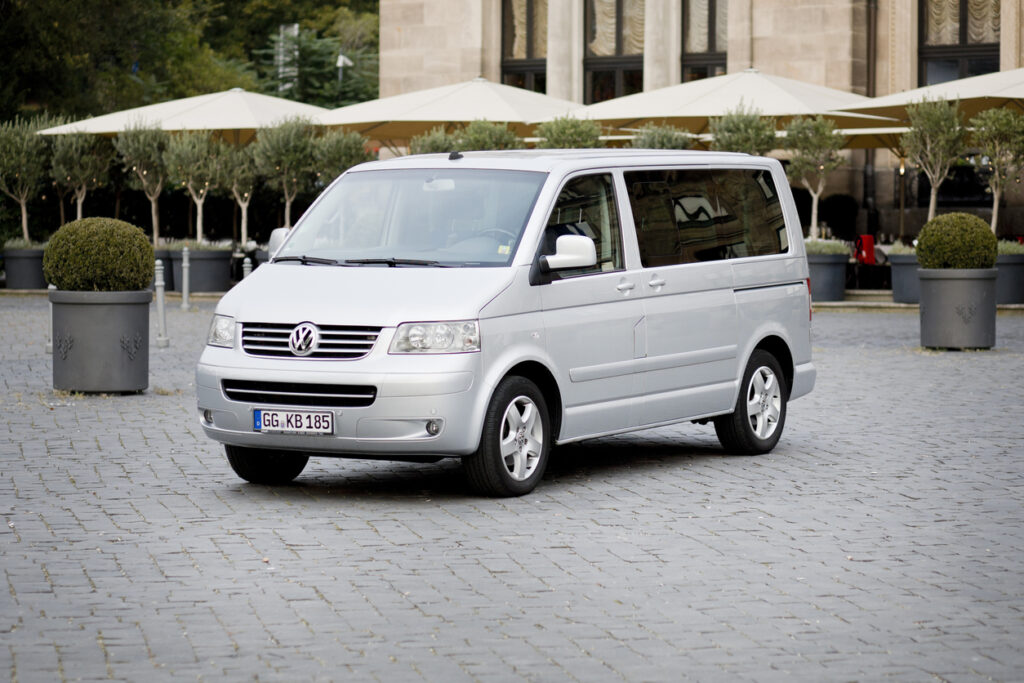
VW T5 & T6 (series conversion)
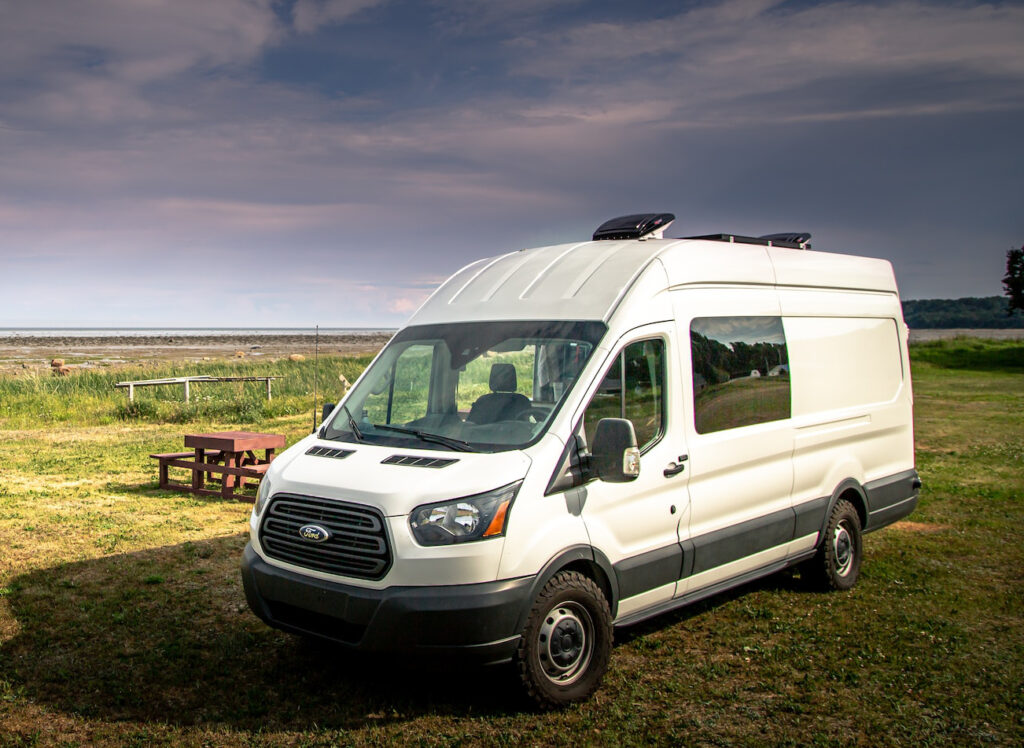
Ford Transit (series conversion)
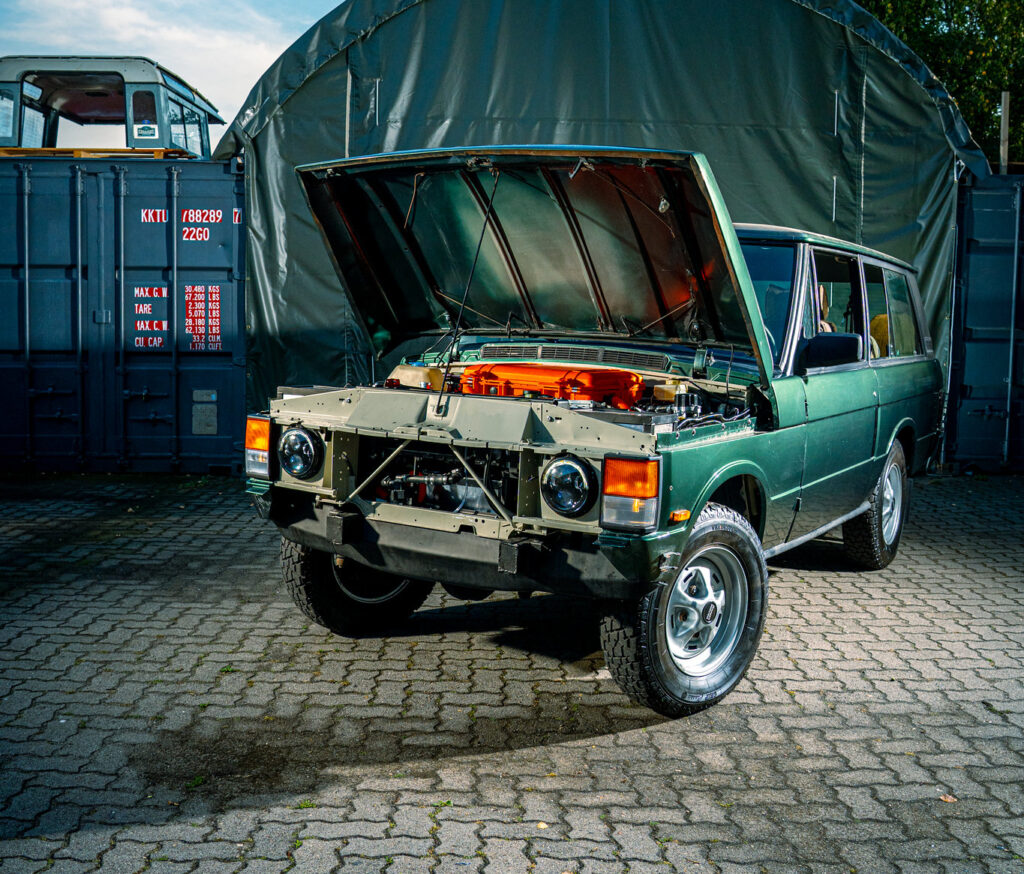
Range Rover Serie 1
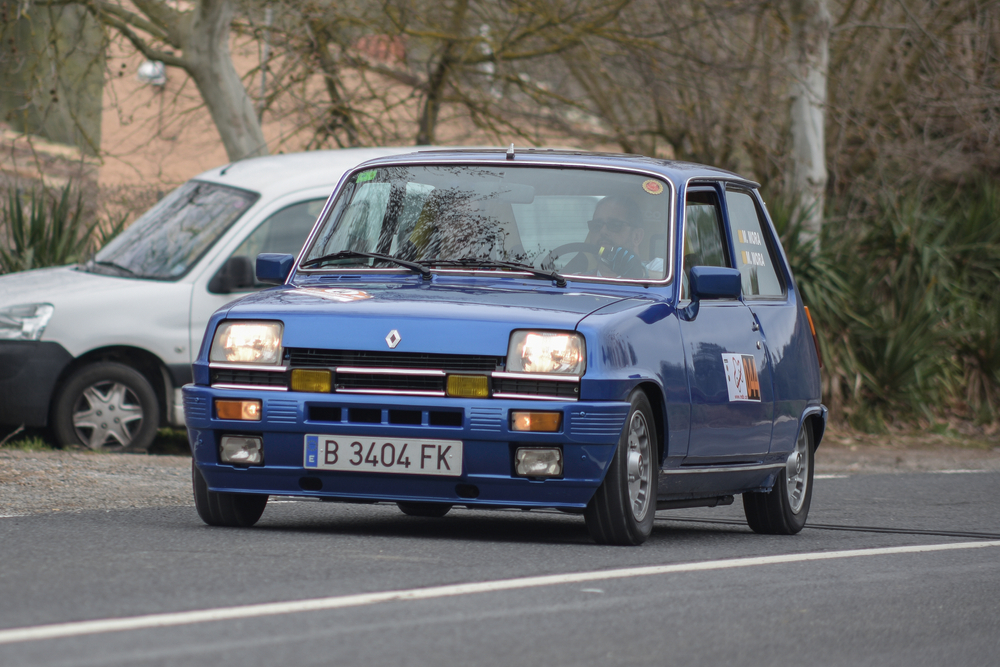
Renault R4 / R5
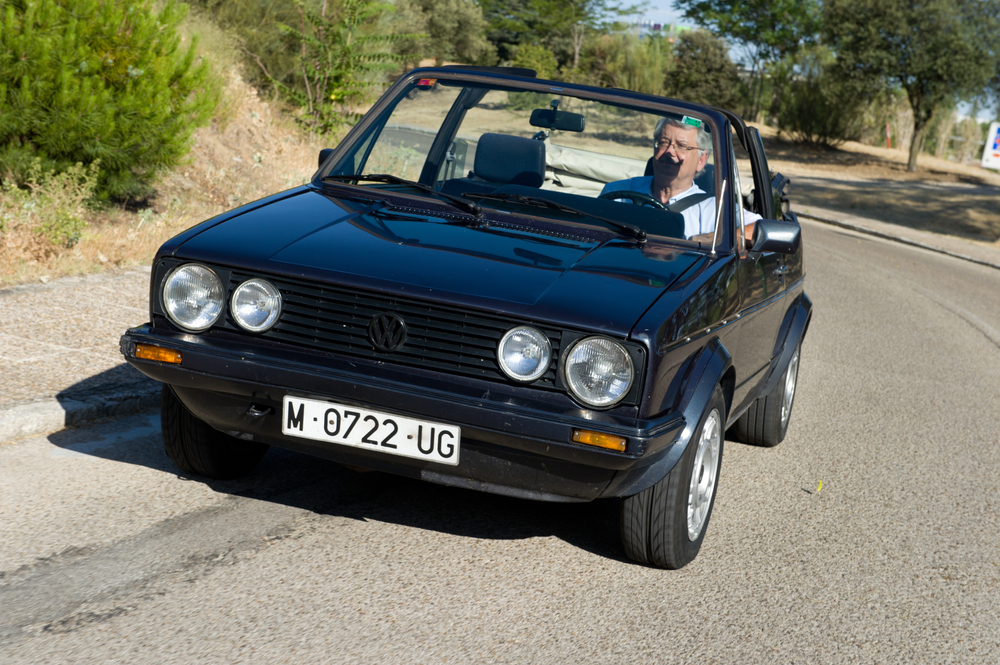
VW Golf 1
VW Golf 1 Cabrio

VW Bus T1 / T2 / T3
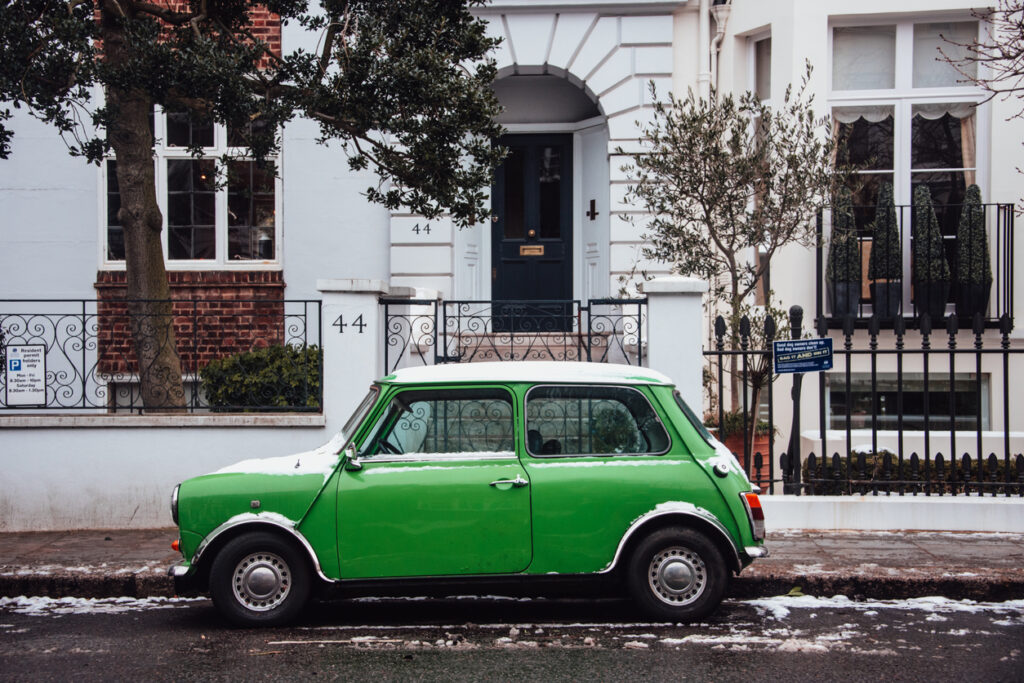
Mini / Mini Cooper
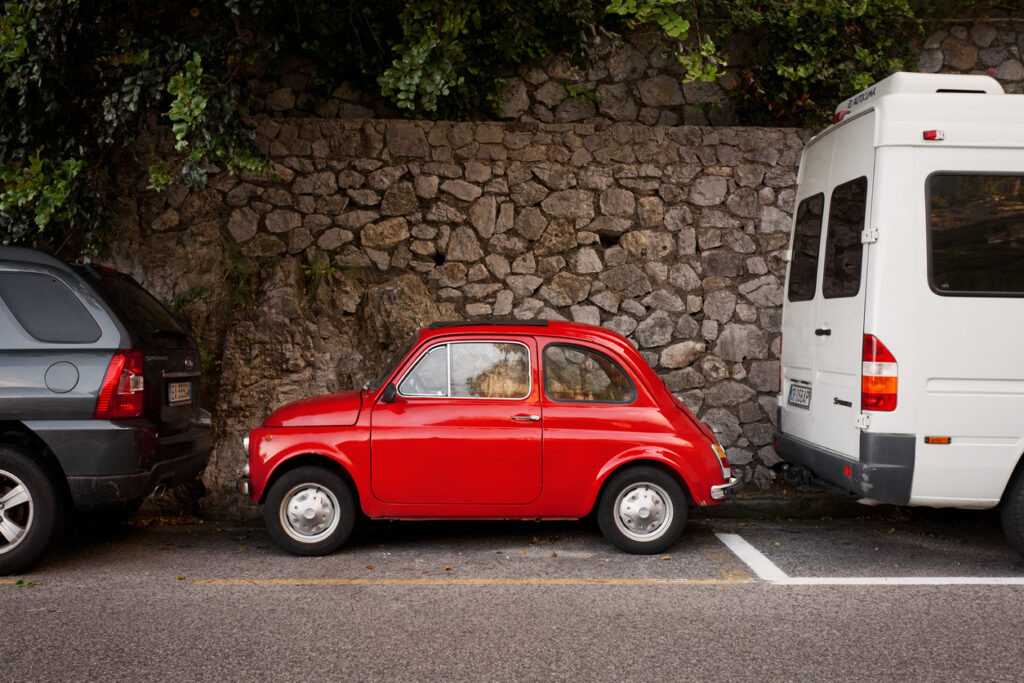
Fiat 500
Current projects
FAQ
CarConversion offers conversions for all vehicle models. For individual vehicles, “homologised” conversion kits are developed with our partners – currently VW T5, T6 and Ford Transit. For all other vehicles the feasibility has to be planned individually due to space conditions and permissible total vehicle weight.
The price of an electric conversion depends on the type of vehicle to be converted and the options chosen (including battery size). CarConversion is your contact for all questions and requests. If you would like a quote for the conversion of your vehicle, we will be happy to advise you comprehensively and without obligation.
Yes, together with our technical professionals, we take care of all aspects of your electric vehicle, including procurement. You benefit from our professional market access and our own stock of commercial, leisure and vintage vehicles. Our focus is always on durability and quality. When converting, we can therefore also take into account almost all special requests, right up to full restoration or special bodies for e.g. local authorities.
The range of an electric car depends on the size of the battery, the weight and the equipment of the vehicle itself, as well as on the driving style and habits of the driver. With an economical driving style, a range of up to 300km can be assumed with a power of 110 KW and a 72kWh battery. In addition, the range depends on the number of auxiliary units, e.g. winch, air conditioning, auxiliary heater, etc.
Vehicles that were fitted with a trailer hitch before the conversion can still be operated with a trailer hitch. Whether the retrofitting of a trailer hitch in the course of the conversion is registrable must be clarified individually with the TÜV.
Currently, the approval is carried out via the so-called individual approval. Our partner NAEXT GmbH is currently working on homologation for the VW T5/T6, which should be completed by mid-2023. Homologated modular kits can then be approved and registered by any TÜV or DEKRA station. The inspector checks whether the installation has been carried out in accordance with the homologation and makes the registration.
No, unfortunately not in Germany at the moment. In France, the conversion is already subsidised, and we hope to be able to count on support in Germany soon.
CarConversion conversions support AC charging with 11kW as standard. For an additional charge, a variant with 22kW charging power can also be installed. Unfortunately, we are not yet able to estimate when a variant with DC charging will be available.
CarConversion takes on all extensions and conversions as well as partial and full restorations. Together with our professional partners, we can fulfil almost all wishes, starting with the favourite colour and almost unlimited with special equipment wishes.
The drive module (e-motor) is installed in the area of the former engine. The battery modules are installed – as far as possible – in the underbody. Positioning and weight distribution must be determined individually for the respective vehicle type.
Especially in the case of valuable vehicles such as vintage cars or special commercial vehicles, the removed power units can be preserved and stored. Later reinstallation (e.g. when e-fuels are available) remains possible.
Basically, the electric motor and electrical equipment require little maintenance. The maintenance intervals for brakes and clutch are significantly reduced by recuperation. The vehicle tax will be waived by 2030!
The vehicles are regularly registered in Germany with E-plates. Registration in another EU country must be clarified in each individual case.
Currently, the warranty on the batteries is 5 years or 160,000 km, whichever is reached first. With normal driving, we can assume approx. 200,000 km.
Due to the high demand, a lead time of approx. 3 months is to be expected. We will be happy to discuss the detailed schedule with you, depending on the additional installations or conversions.

